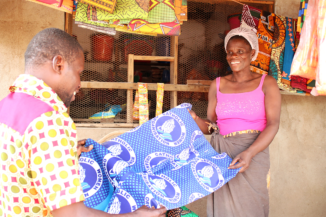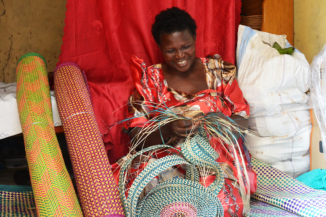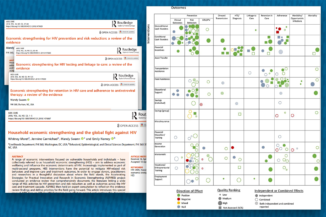
Author Profile
Emily Namey
Associate Director, Behavioral, Epidemiological, and Clinical Sciences Division
Email Emily Follow on Twitter Website
Emily Namey is the Associate Director of the Behavioral, Epidemiological, and Clinical Sciences division for Global Health, Population and Nutrition at FHI 360, where she facilitates and conducts social science research related to public health and development. She has implemented qualitative and mixed-methods research in over a dozen countries, on issues including HIV prevention, maternal and reproductive health, economic strengthening, child protection, and bioethics. Additionally, Emily has an interest in and works on improving the evidence base for qualitative research methodology. She is the co-author or co-editor of five books on research methods and has led dozens of research-related trainings domestically and internationally.
Previous experience
Namey started her career in “corporate anthropology” with brief projects at Nike and Intel and retains an interest in human-centered design approaches. She joined FHI 360 in 2002 after completing her Masters in Applied Anthropology, with emphasis on public health and medical anthropology, at Northern Arizona University. In 2006 she moved to Duke University Medical Center and contributed to domestic qualitative and mixed methods research in the Department of Obstetrics/Gynecology, the Trent Center for Bioethics, and the Center for Genome Ethics, Law and Policy; she returned to FHI 360 and global health and development in 2011.
Related Posts


Can you see me now? My experiences testing different modes of qualitative data collection

Whether, which and when: Developing guidance for the integration of household economic strengthening activities into family support programming

Show me the money! How we have used financial diaries to inform research and programming for vulnerable groups

Understanding the financial lives of vulnerable groups using financial diaries

ASPIRES’ realist evaluation approach to building the evidence base for household economic strengthening to reduce HIV vulnerability

The state of the evidence for household economic strengthening approaches for HIV outcomes

Exploring the parameters of “it depends” for estimating the rate of data saturation in qualitative inquiry

